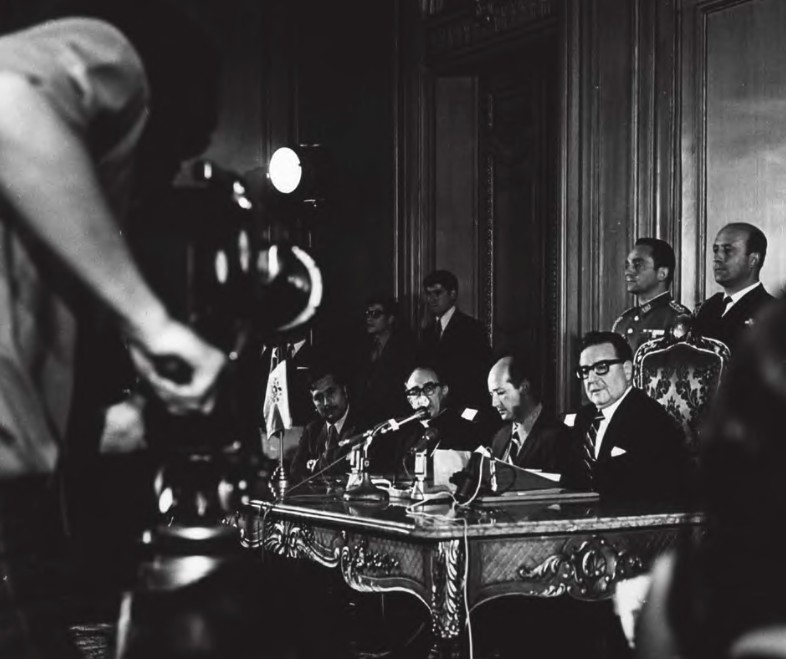September 11 this year marked the 45th anniversary of the infamous military coup in Chile when the legitimate government of Salvador Allende was overthrown by the military, which had the backing of the United States. The following 17 years, when Chile was under the dictatorial regime of Augusto Pinochet, were marked by large-scale human rights violations and rampant oppression. However, on the day of the anniversary, Chilean president Sebastian Pinera wrote an article in the newspaper ‘El Mercurio’ recalling the events of 1973, in which he said that the coup d’etat was foreseeable but not inevitable because Chilean democracy was already “gravely ill” under the Popular Unity government led by Allende. Pinera claimed that Allende had led the country on a path resisted by a majority of Chileans and that he had led Chile to a political and economic crisis, and the country was on the verge of a civil war. He further claimed that there was no possibility for a democratic exit during that time as the government was not open for dialogue and discussions.
Pinera’s comments sparked a heavy backlash from most sectors of Chilean society, especially from the left. President of the Communist Party of Chile Guillermo Teillier pointed out that Allende’s path was not restricted by the Chilean people but by the US government, business oligarchs and the Chilean right wing. Communist youth leader and member of the Chamber of Deputies Camila Vallejo condemned Pinera’s remarks as indecent as he purposefully remained silent on the regressive nature of the coup and dire human right violations inflicted by the military junta under Augusto Pinochet. There was also a wave of anger on social media at the insensitivity of Pinera and his evident admiration for Pinochet. Subsequently, a write-up in Forbes Magazine from 2011 resurfaced on social media about Sebastian Pinera’s alleged reaction to the news of the 1973 coup while he was at grad school at Harvard University. The author of the article, James S. Henry, an economist and investigative journalist, recollected how his graduate school classmate, Sebastian Pinera, was jubilant in the economics classroom on hearing the news of the coup, exclaiming that “we have won”.
The crimes of the coup and the junta that followed it remain fresh in the minds of Chileans Following the coup, Allende, who had refused to surrender, shot himself in the presidential palace. Many supporters of the government, including renowned singer Victor Jara, were tortured and killed, and many others were forced to flee the country. (On July 2018, eight retired Chilean military officers were sentenced for 15 years for murdering Victor Jara). The authoritarian regime of Augusto Pinochet came to an end with a referendum in 1988 and he stepped down in 1990. But it was only in 1998 that Pinochet was arrested and that too in London on an international arrest warrant. But later, he was released on medical grounds and he returned to Chile. A Chilean court put him under house arrest in 2004 and he died in 2006, with nearly 300 cases pending against him for human rights violations, tax evasions and embezzlements.
On September 9, 2018, Sunday, thousands marched in Santiago, paying tribute to the victims of the 17-year military dictatorship of Pinochet. The march was attended by progressive political factions in Chile, including the Communist Party of Chile, Socialist Party etc. In the march, people raised the slogan “45 years after the military coup, we continue to fight for truth and justice.” The protesters expressed their concern over the Supreme Court chamber’s decision to grant prison benefits for the repressors in the security forces who were detained for torture and human rights violations during the dictatorship.





